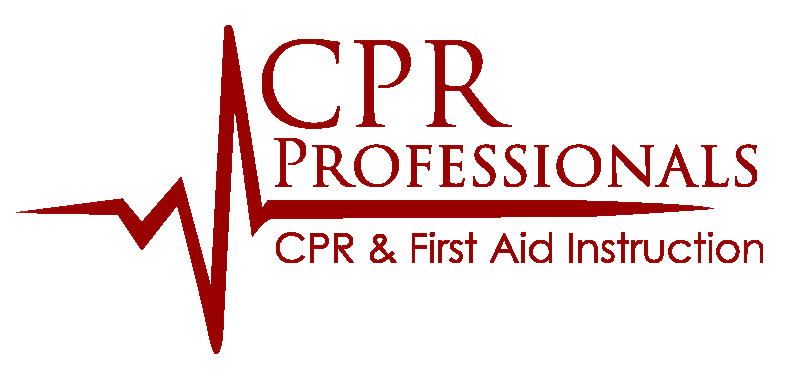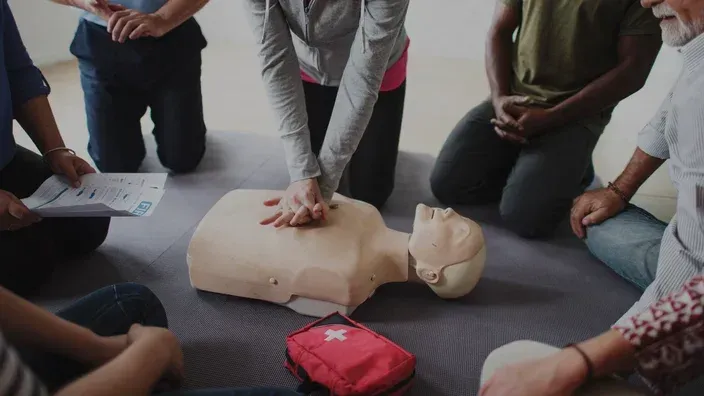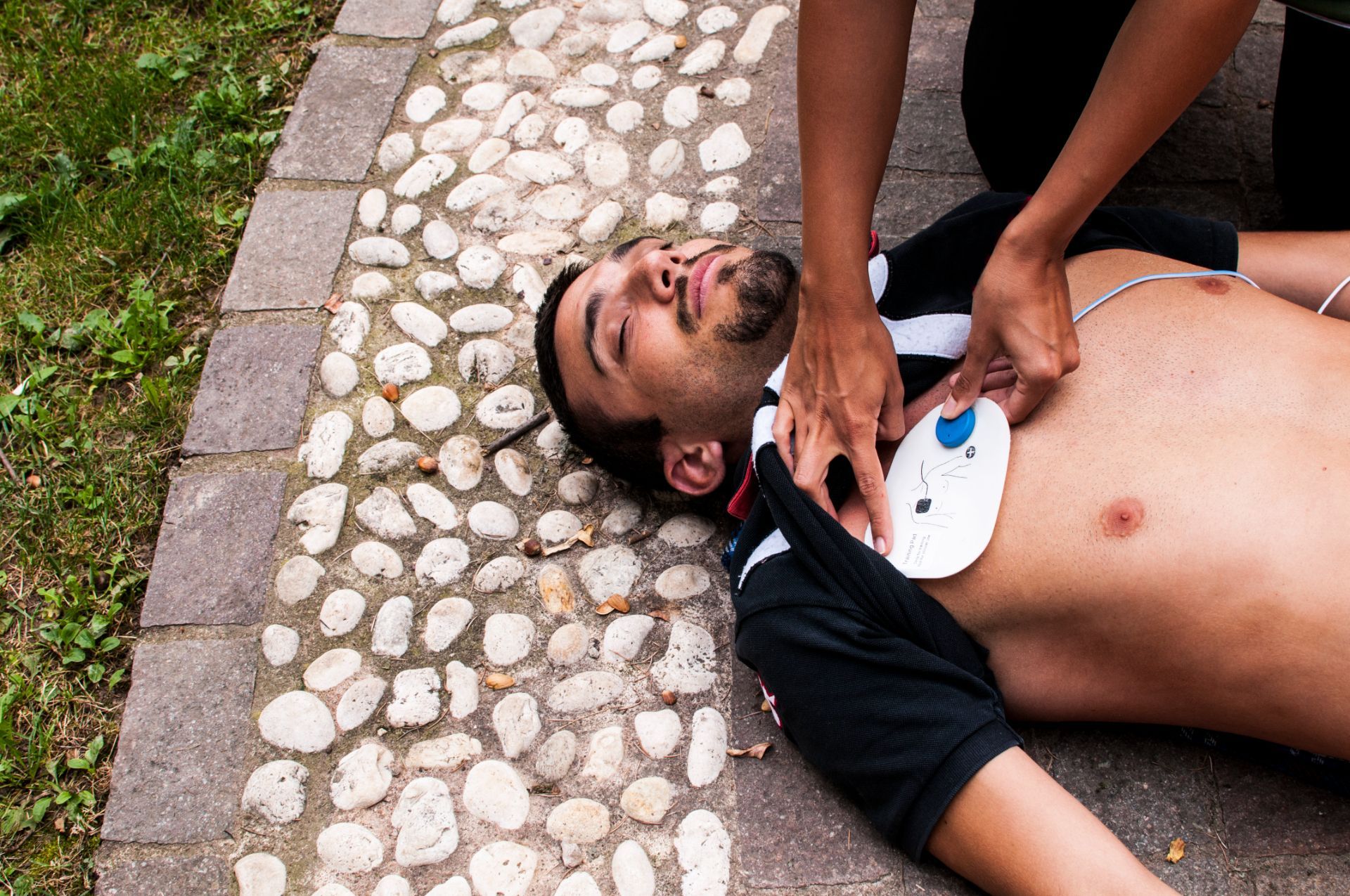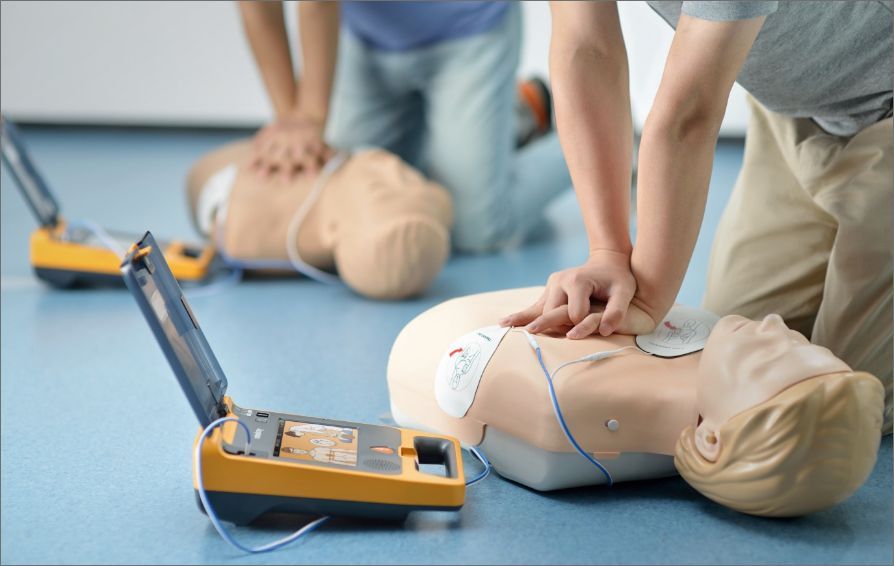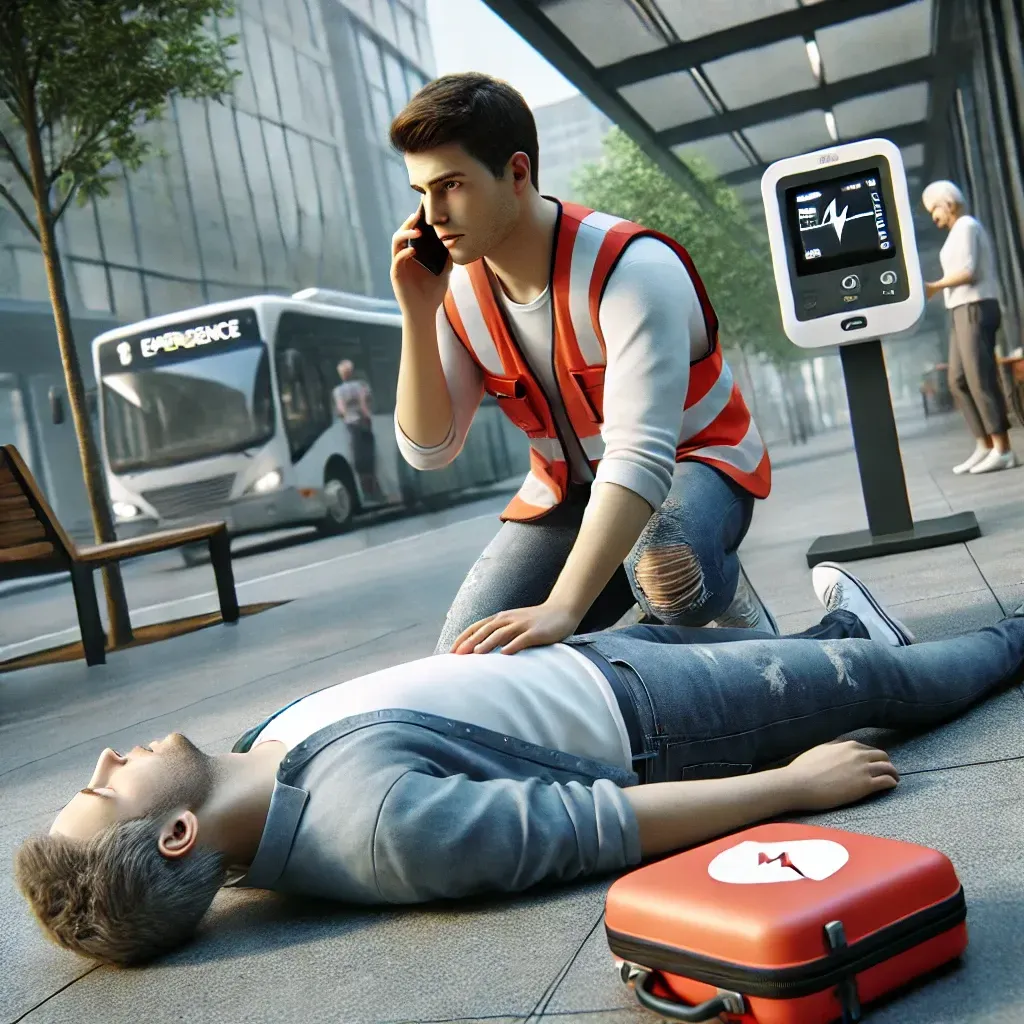How Long Does It Take to Perform CPR on Average?
TLDR;
On average, CPR can take around 19.68 minutes, but the duration varies depending on the situation, ranging from a few minutes to over an hour. CPR should be continued until the person shows signs of life, emergency responders take over, or the rescuer is physically unable to continue.
Understanding CPR Duration
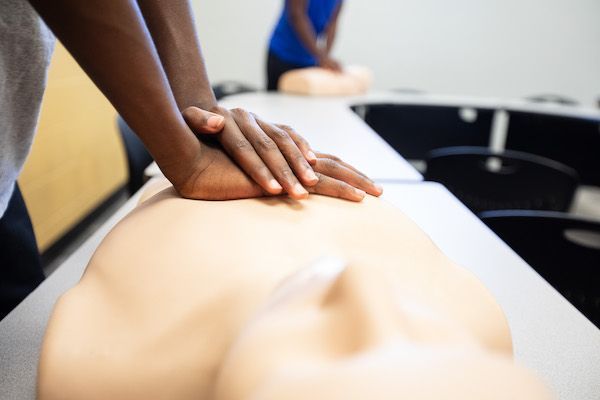
Cardiopulmonary Resuscitation (CPR) is a life-saving technique that involves chest compressions and rescue breaths to maintain blood circulation and oxygenation in a person who has gone into cardiac arrest. The average duration of CPR varies depending on factors such as the person's condition, response time of emergency services, and whether medical professionals are present.
General Guidelines for CPR Duration
- Immediate action is critical: The first few minutes after cardiac arrest are crucial, and CPR should be started immediately.
- CPR duration varies: Studies show that CPR typically lasts between 15 to 20 minutes, during which rescuers may deliver hundreds of compressions. Understanding the CPR Compression Count can help you visualize the physical and time demands involved. In some cases, CPR has been performed for up to 67 minutes with a successful outcome.
- Longer CPR efforts may be necessary: In some situations, such as hypothermia or drowning, extended CPR can improve survival chances.
Factors That Affect CPR Duration
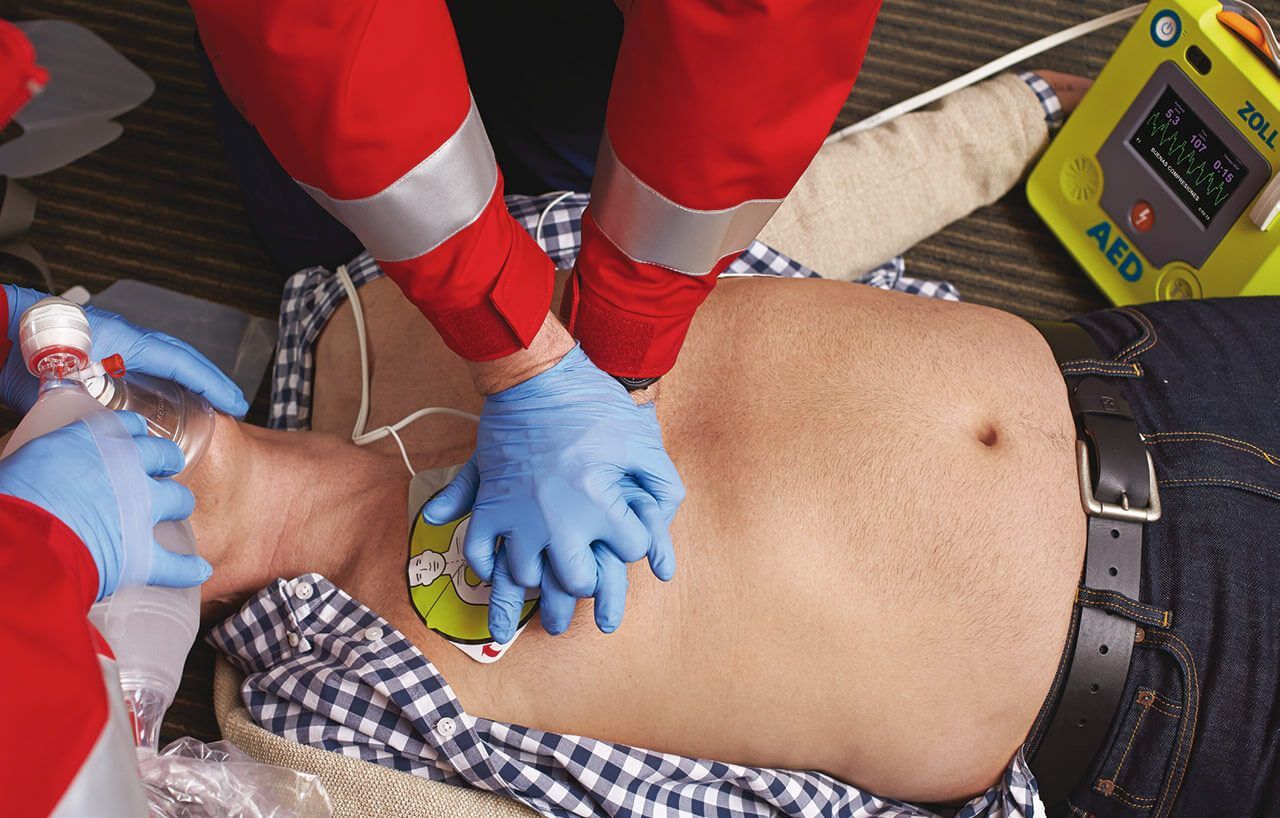
1. The Person’s Medical Condition
- Cardiac Arrest: If the person has suffered from sudden cardiac arrest, CPR must continue until emergency responders arrive.
- Drowning Victims: CPR should be prolonged since oxygen deprivation in water can slow brain damage.
- Drug Overdose: Continuous CPR may be required alongside naloxone administration.
- Trauma Cases: If severe trauma is involved, CPR effectiveness may be reduced.
2. The Age of the Person Receiving CPR
Infants (0-12 months)
- CPR on infants should be performed with two fingers for compressions.
- Compression rate: 100-120 compressions per minute.
- Duration: Continue CPR until emergency responders arrive or a pulse is regained.
Children (1-12 years)
- Use one or two hands for compressions.
- Compression rate: 100-120 compressions per minute.
- Duration: Perform until signs of life appear or medical help arrives.
Adults (13+ years)
- Use both hands for compressions.
- Compression rate: 100-120 compressions per minute.
- Duration: Typically at least 20 minutes, or until a professional takes over.
Elderly (65+ years)
- More fragile bones require careful yet firm compressions.
- Duration depends on individual health conditions and response to CPR.
For a more in-depth guide on the differences between adult and child CPR, check out Adult vs. Child CPR to ensure you're using the correct techniques in an emergency.
When Should You Stop Performing CPR?
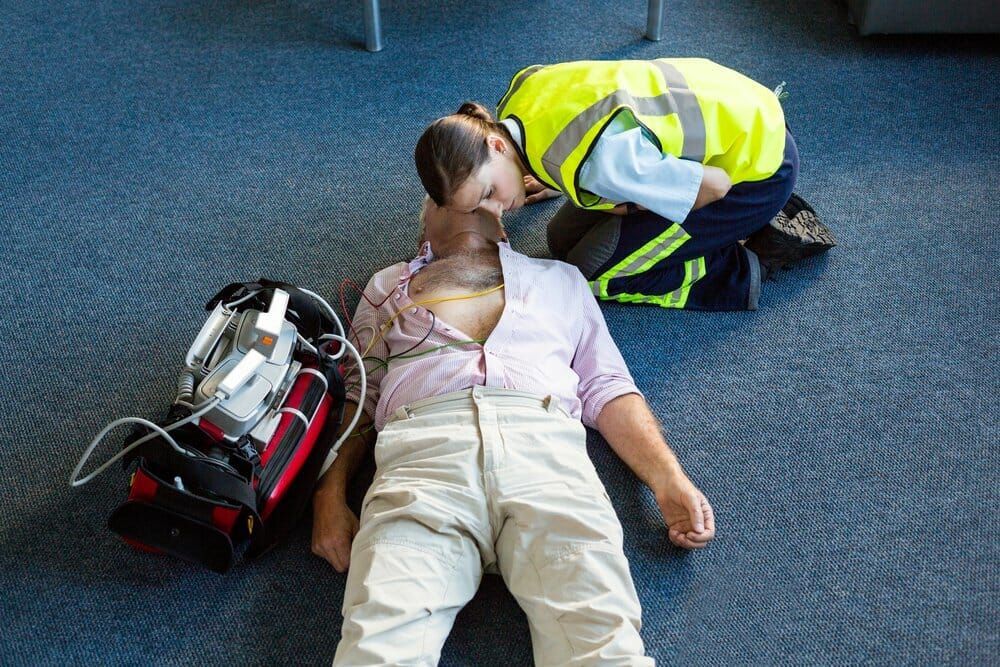
CPR should continue until:
- The person starts breathing or regains consciousness.
- A trained medical professional takes over.
- The rescuer becomes physically exhausted.
- The situation becomes unsafe.
Special Cases That Require Extended CPR
- Drowning or Hypothermia: If a person is submerged in cold water for an extended time, CPR may need to be performed for a longer period.
- Drug Overdose: If opioids are involved, CPR should continue alongside naloxone administration until breathing is restored.
- Delayed Emergency Services: In rural areas with longer ambulance response times, prolonged CPR may be necessary.
What Happens After CPR?
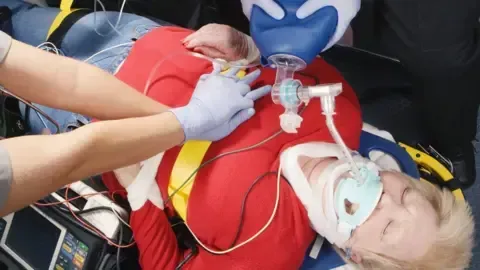
If CPR is successful, the person will require immediate medical attention.
Immediate Aftercare
- Monitor breathing and consciousness.
- Keep them warm and comfortable.
- Be prepared for possible complications.
Possible Complications of CPR
- Broken ribs or sternum fractures due to chest compressions.
- Vomiting and airway blockage, requiring quick action to clear obstructions.
- Post-cardiac arrest syndrome, leading to neurological complications.
Long-Term Recovery
- A person who survives cardiac arrest may need extensive rehabilitation.
- Brain function recovery depends on how long oxygen was deprived.
- Some may experience memory loss, physical impairments, or require assisted care.
Importance of Learning CPR
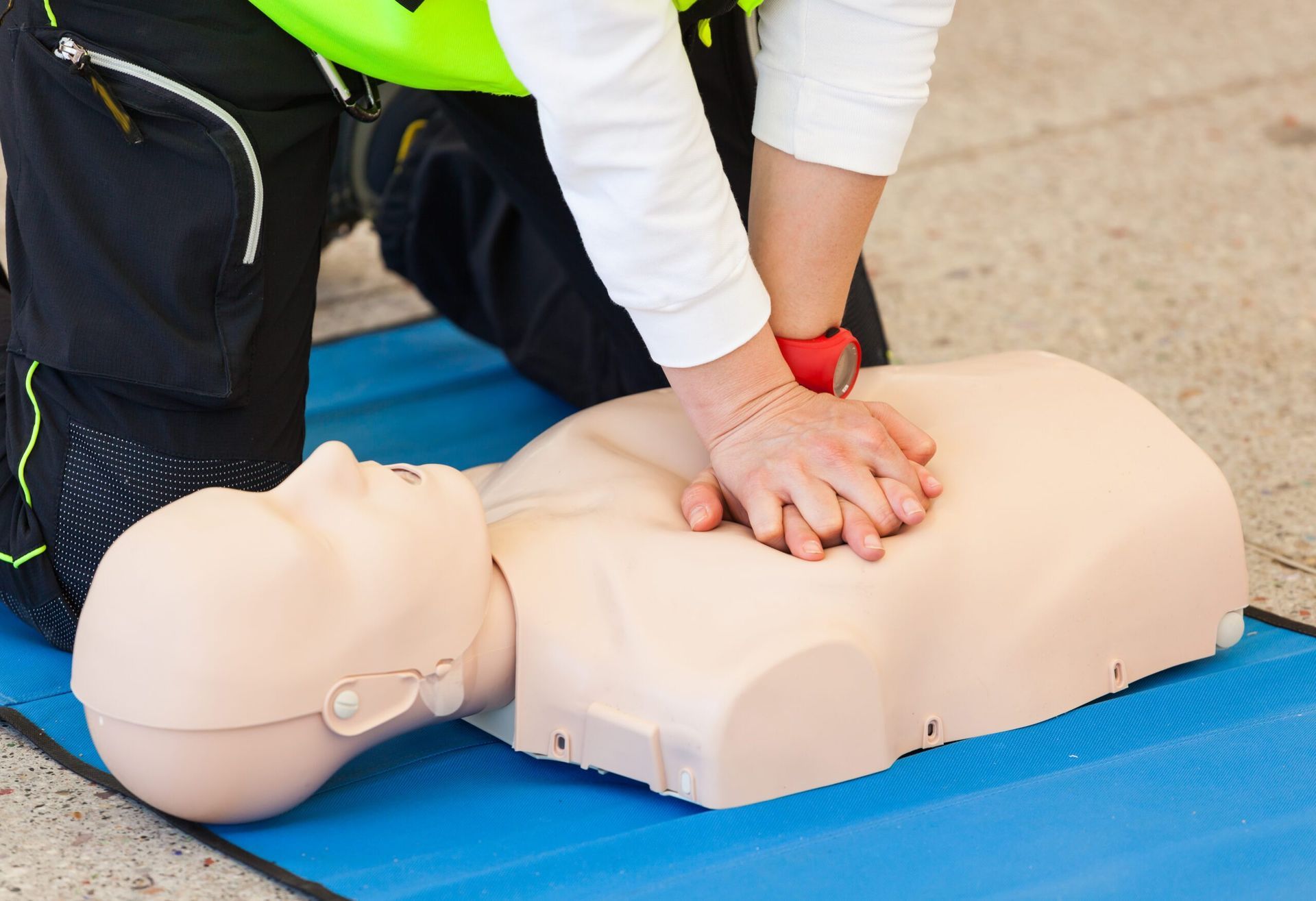
Knowing how to perform CPR correctly can mean the difference between life and death, as every second counts when CPR Saves Lives.
Where to Get Certified CPR Training
- CPR Professionals offers hands-on and online CPR certification courses for individuals and businesses.
- American Heart Association (AHA) and Red Cross provide recognized certification programs.
- Workplace and community training sessions are available nationwide.
Hands-Only CPR vs. Traditional CPR
- Hands-Only CPR: Recommended for untrained individuals; consists of continuous chest compressions.
- Traditional CPR: Includes both chest compressions and rescue breaths, essential for drowning or pediatric cases.
Conclusion
The duration of CPR varies widely but should always be continued until professional help arrives or the person shows signs of life. Factors such as age, medical condition, and response times play a significant role in determining how long CPR should be performed. Getting trained in CPR through organizations like CPR Professionals can ensure you are prepared to act in an emergency. By understanding proper CPR techniques and guidelines, you can significantly increase survival chances for someone experiencing cardiac arrest.
